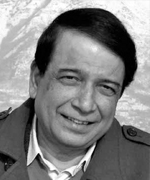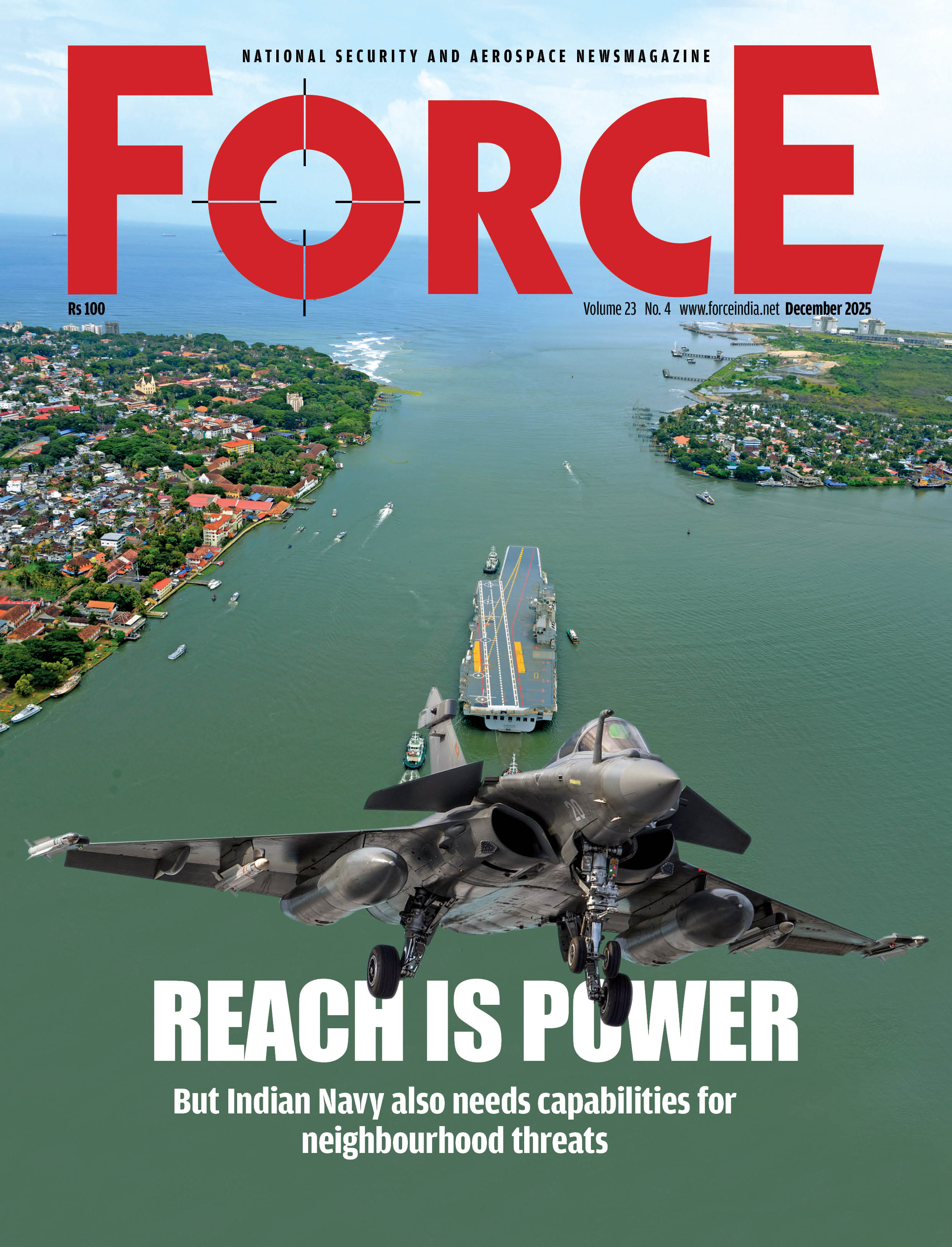Bottomline | Bluff and Bluster
Trump’s
statement on nuclear weapons is display of poor understanding and bravado
 Pravin Sawhney
Pravin Sawhney
President Donald Trump
shocked the world by his October 30 message on social media. He wrote: ‘because
of other countries’ testing programmes, I have instructed the Department of War
to start testing our nuclear weapons on an equal basis.’ Later in his interview
to the 60 Minutes channel, Trump said that Russia, China, North Korea and
Pakistan were testing; he refused to make a distinction between nuclear tests
and testing of systems used for delivery of nuclear weapons.
Spurred
by Trump’s interview, Indian analysts started saying that India too, which conducted
nuclear tests in May 1998, needed to re-valuate its position on this issue.
Especially when prominent Indian scientists in the know of things had publicly
cast doubt on the success of India’s thermonuclear device test. It is argued
that proven thermonuclear weapons are necessary for deterrence against China.
While
Trump’s pronouncement is understandable, coming as it is from a politician, India’s
so-called military theorists’ lack of understanding of warfare is shocking.
Let’s start with the wisdom of the Cold War (1945-1991) when two nuclear super-blocs (Nato and Warsaw Pact) while pitted against one another managed to avoid a hot war which both agreed would end up with Mutually Assured Destruction (MAD). While both sides were monitoring each other, much of the nuclear
Subscribe To Force
Fuel Fearless Journalism with Your Yearly Subscription
SUBSCRIBE NOW
We don’t tell you how to do your job…
But we put the environment in which you do your job in perspective, so that when you step out you do so with the complete picture.







